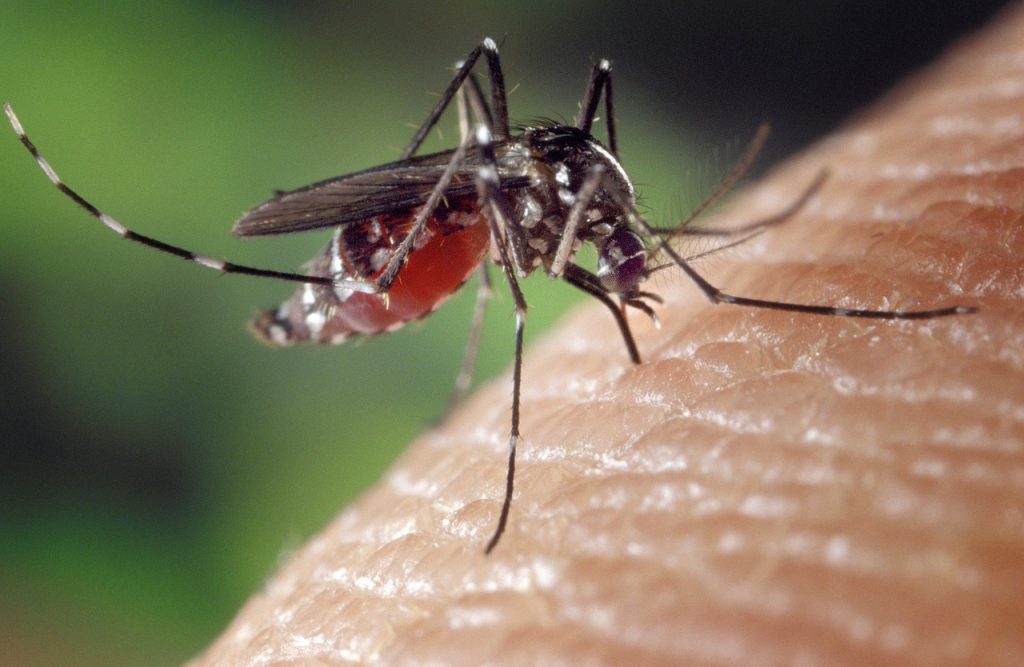How to Keep Mosquitoes and Ticks Away From Your Deck and Yard
Mosquitoes: According to the CDC, the most important thing you can do to keep mosquitoes out of your yard is to eliminate their preferred breeding grounds. Keep your gutters clean, and your birdbaths, old tires, wheelbarrows, and swimming pool covers free of standing water. Clear away ivy and decaying leaves, too.
As far as your deck or patio are concerned, some repellent products work much better than others. Our tests of two area repellents—citronella candles and a battery-powered diffuser that blows out geraniol—showed they were ineffective at keeping mosquitoes away. An oscillating pedestal fan did much better. When set on high, it cut mosquito landings by 45 to 65 percent for the people sitting close to it.
Mosquito traps that use fans, electric grids, or adhesive pads to capture and kill mosquitoes are also somewhat effective (they often attract mosquitoes and they kill the ones that come into contact with them). But the American Mosquito Control Association (AMCA) says it’s unclear whether that translates into a noticeable reduction in the overall mosquito population, because new mosquitoes can move in fairly quickly to fill the void.
You might also try using LED or yellow lightbulbs (read our lightbulb buying guide) on your porch and around your house.
Our safety experts warned against yard foggers or misters that spray insecticide. “You might inhale the chemicals, some of which have been linked to serious health problems, including endocrine disruption and neurological effects,” says Michael Hansen, Ph.D., Consumer Reports senior scientist.
The best time to control insects and other pests is when they are active and feeding. In this region of Kentucky, activity generally starts around April and continues through October. Green Solutions Landcare specializes in mosquitoes, grubs, small rodents such as moles and voles, and other pests. Your turf and landscaping are an investment you should be able to enjoy.
Ticks: They like tall grass and lots of shade. So keep your lawn mowed (read our lawn mower buying guide), remove leaves and other debris, and try to let as much sun into your yard as possible. Consider putting up a fence around your property to keep out deer and other large animals that can carry ticks. And don’t forget to check your pets for ticks after they have been romping outside.
Stinging insects: “For the most part, bees and wasps will leave you alone if you leave them alone,” says Stanton Cope, Ph.D., a former Navy entomologist and current AMCA president. Nests should be removed only if they are in high-traffic areas, Cope says. If you can, wait until the fall or winter, when the nests are abandoned. If you need to remove them sooner, do it early in the spring, and early or late in the day when the insects are less active.
Insecticide powders or sprays might be necessary, but follow directions and keep pets and children away. Always wear head-to-toe protective clothing, and never remove nests if it requires standing on a ladder; call a professional instead. Traps with the chemical heptyl butyrate may help control bees.

